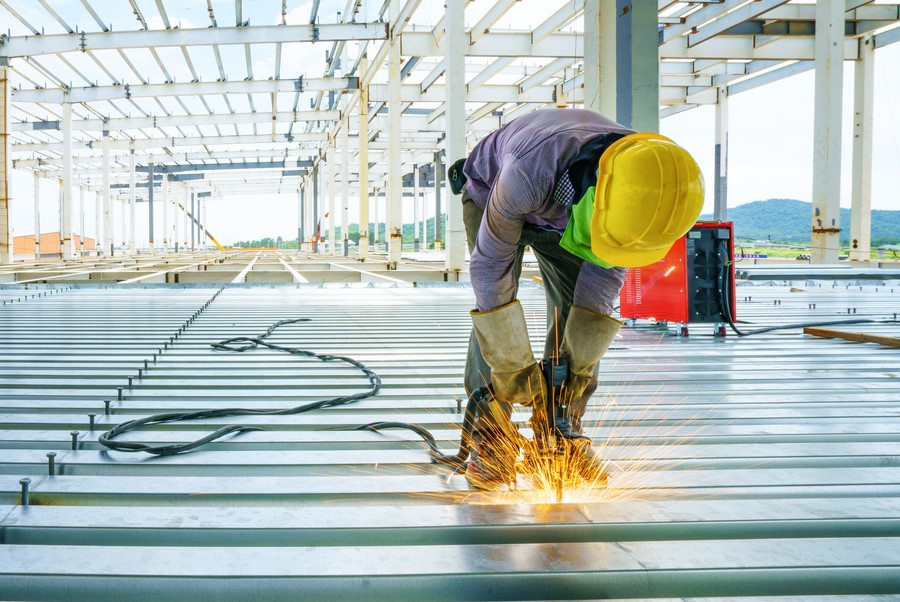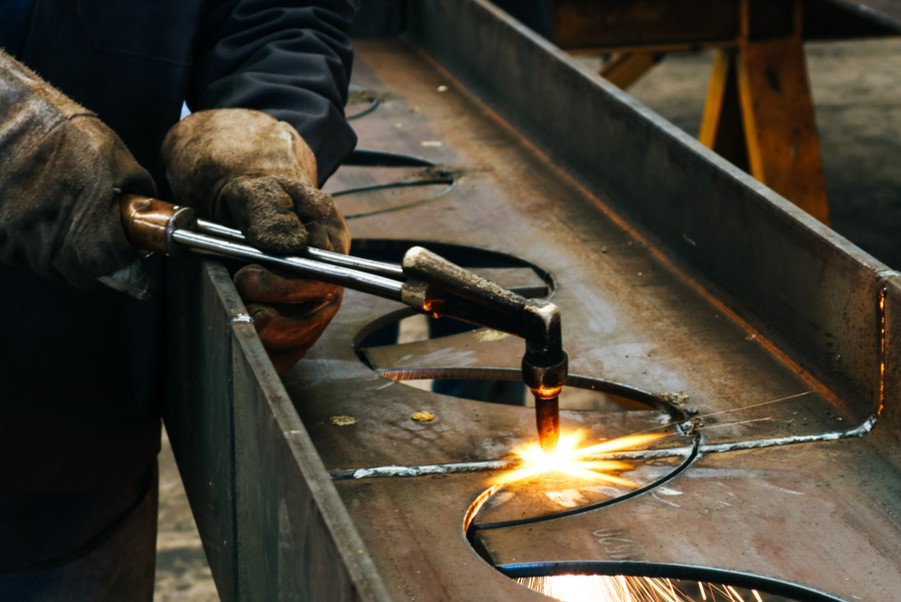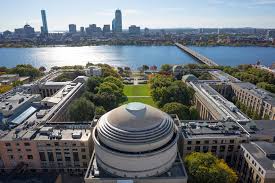
[ad_1]
In our article where you can find the answer to the question of what a welding master is, you can access details on many topics, from the difficulties of the job to the intricacies of the job, on İş Olsun Blog.
What does a welder do?? These masters are expert craftsmen who perform welding operations to combine metal or non-metal materials. These professionals often assemble structural or machinery parts using a variety of welding methods. The working sectors of welders are wide; They can specialize in fields such as construction, automotive, shipbuilding and energy sector. Duties include material preparation, welding, parts assembly and compliance with safety standards.
What is a Welder?
Welder job descriptionis an experienced craftsman who joins metal or non-metal materials and manages welding processes. This professional joins materials using a variety of welding techniques and may often work in the construction, automotive, shipbuilding or energy industry. Duties include using welding equipment, planning welding operations, material preparation, welding and compliance with safety standards. Welders are often known as blue collar workers and play an important role in many industries. What is a welder? In other words, they are employees who have a wide range of metalworking skills and can expertly use welding machines, gas cutters and other tools. They also have abilities such as understanding technical drawings, measuring and cutting skills. Welders contribute to many industries by ensuring materials are joined correctly. You can examine job postings in various geographies, such as Ankara welding master job postings, and explore different locations.
What are the duties and responsibilities of a welder?
Welding master job postings state that this field is a profession that plays a critical role in joining metal and non-metal materials. The duties and responsibilities of these expert craftsmen can be listed as follows:
- Understanding Technical Drawings: welding masters, welding master certificate They are skilled in understanding and applying technical drawings of projects. This is critical to ensuring correct joining.
- Material Preparation: Their duties include preparing, cutting and shaping materials before welding. This forms the basis for a successful welding process.
- Welding Processes: Welders join metal or materials together by applying various welding techniques. They can use welding machines expertly in this process.
- Part Assembly: It is also among the responsibilities of the welder to assemble the assembled parts correctly and place them in appropriate positions.
- Quality control: The master controls the quality of the welding process and has the ability to correct any errors or defects. This ensures a durable and safe joint.
- Complying with Security Standards: Welders are obliged to strictly comply with occupational health and safety standards. They use personal protective equipment correctly.
- Maintenance of Machines: One of the duties of the welding master is to carry out regular maintenance of the welding machines used. This ensures that the equipment operates efficiently.
- Innovation and Development: To follow innovations in welding technologies, to learn new welding methods and to constantly improve their skills, welding master certificate It helps welders keep their expertise up to date.
- Project management: In large projects, the project management skills of welders are also important. This includes managing time effectively, planning resources, and staying within budget.
Welders can work in a wide range of industries and contribute to many sectors by playing a key role in joining operations.

What are the working conditions of a welder?
Welder working areas and conditions generally depend on various factors. Factors such as employer, sector, type of project and geographical location determine these conditions.
Welders often work in workshops or on construction sites. They may need to adapt to various environmental conditions such as temperature, noise and dust.
Depending on the type of work and the urgency of the project, welders must be prepared to work flexible hours and overtime outside of regular working hours.
Welding work may require physical strength and endurance. They are expected to handle physical challenges such as working with heavy materials, carrying equipment, and standing for long periods of time.
Welders must strictly comply with occupational health and safety standards. It is important to use personal protective equipment correctly and comply with safety procedures.
Projects are often carried out within a team, so welders must communicate and collaborate effectively with other professional groups.
Depending on business needs, welders may work on different projects and must be prepared to relocate.
Following technological developments in the industry and learning new welding methods allows welders to keep their skills up to date.
What are the salaries of welding masters?
Welder salaries, may vary depending on various factors. These include experience, area of expertise, geographic location, and size of employer. Generally, experienced and specialized welders can have higher salary levels. Additionally, those working in larger companies or the private sector can often have more competitive salaries. However, salaries also vary by sector and region. Additionally, fluctuations in industry demands, industry-specific requirements, and technological innovations can also affect welders’ salaries. Salary level often depends on local economic conditions, industry competition, and the welder’s skills. Therefore, there are many dynamic factors that determine the salary of a welder. You can browse through job postings in different locations, such as gas welding master job postings, and gain a new perspective.
[ad_2]
Source link








